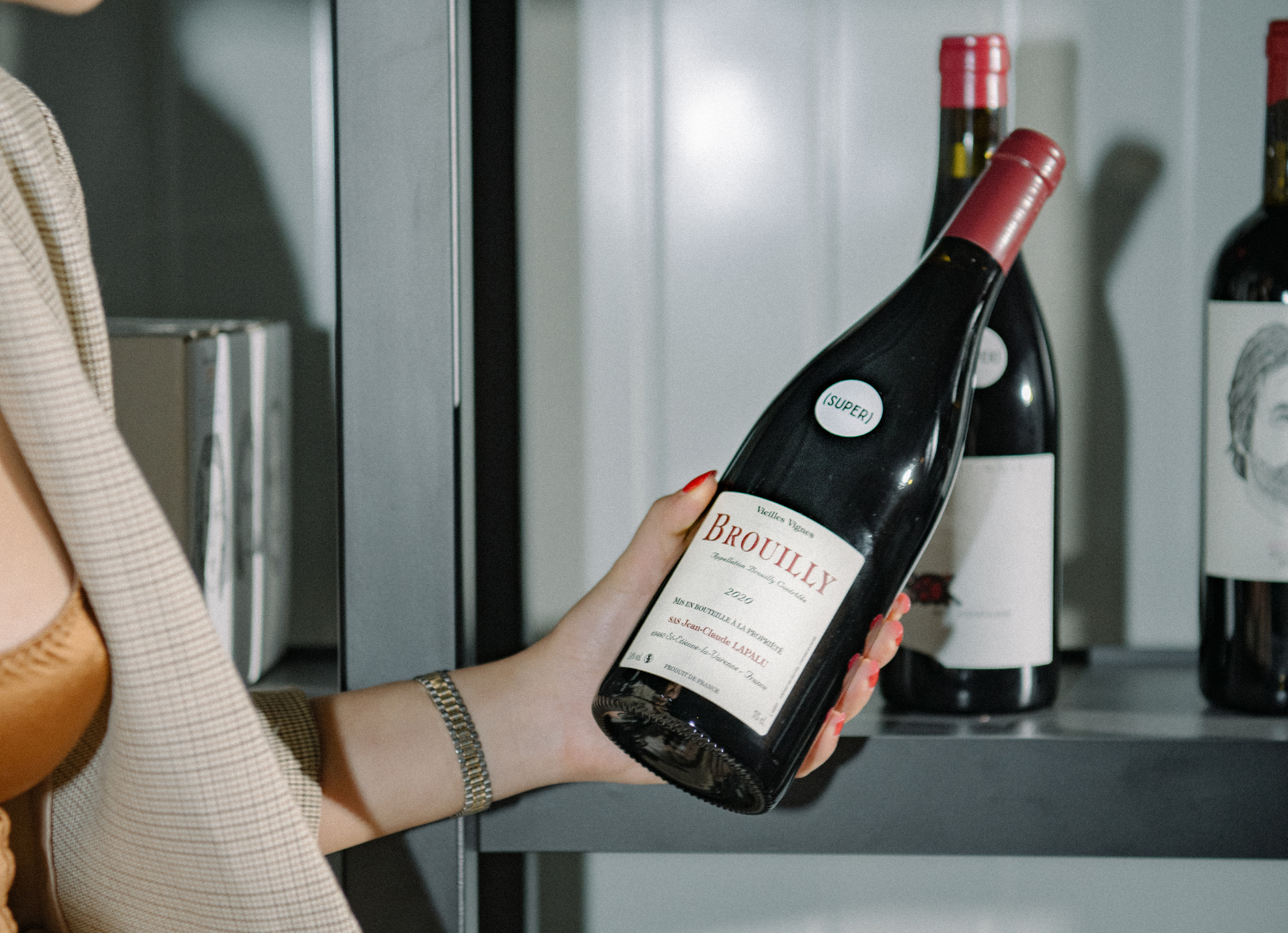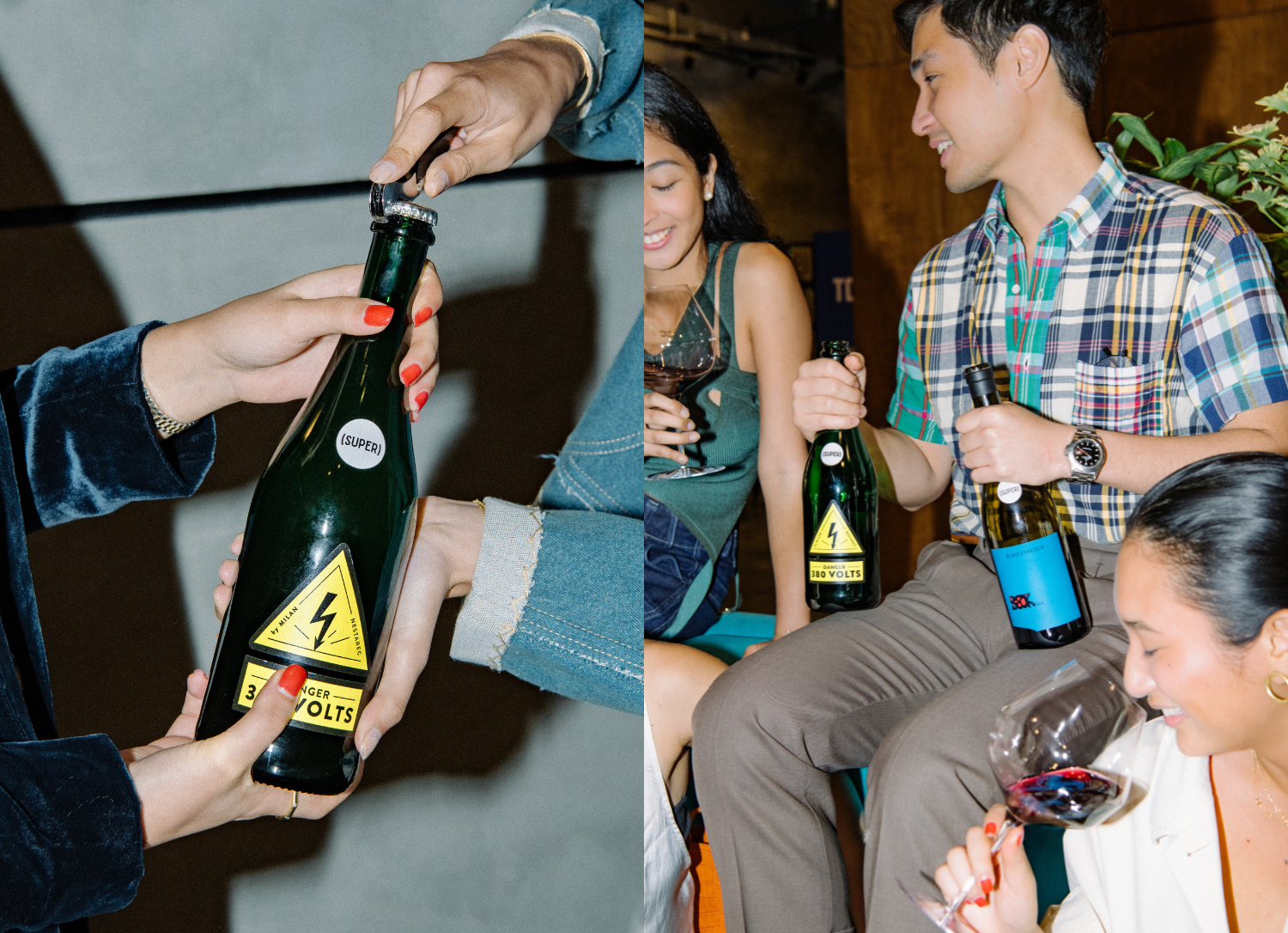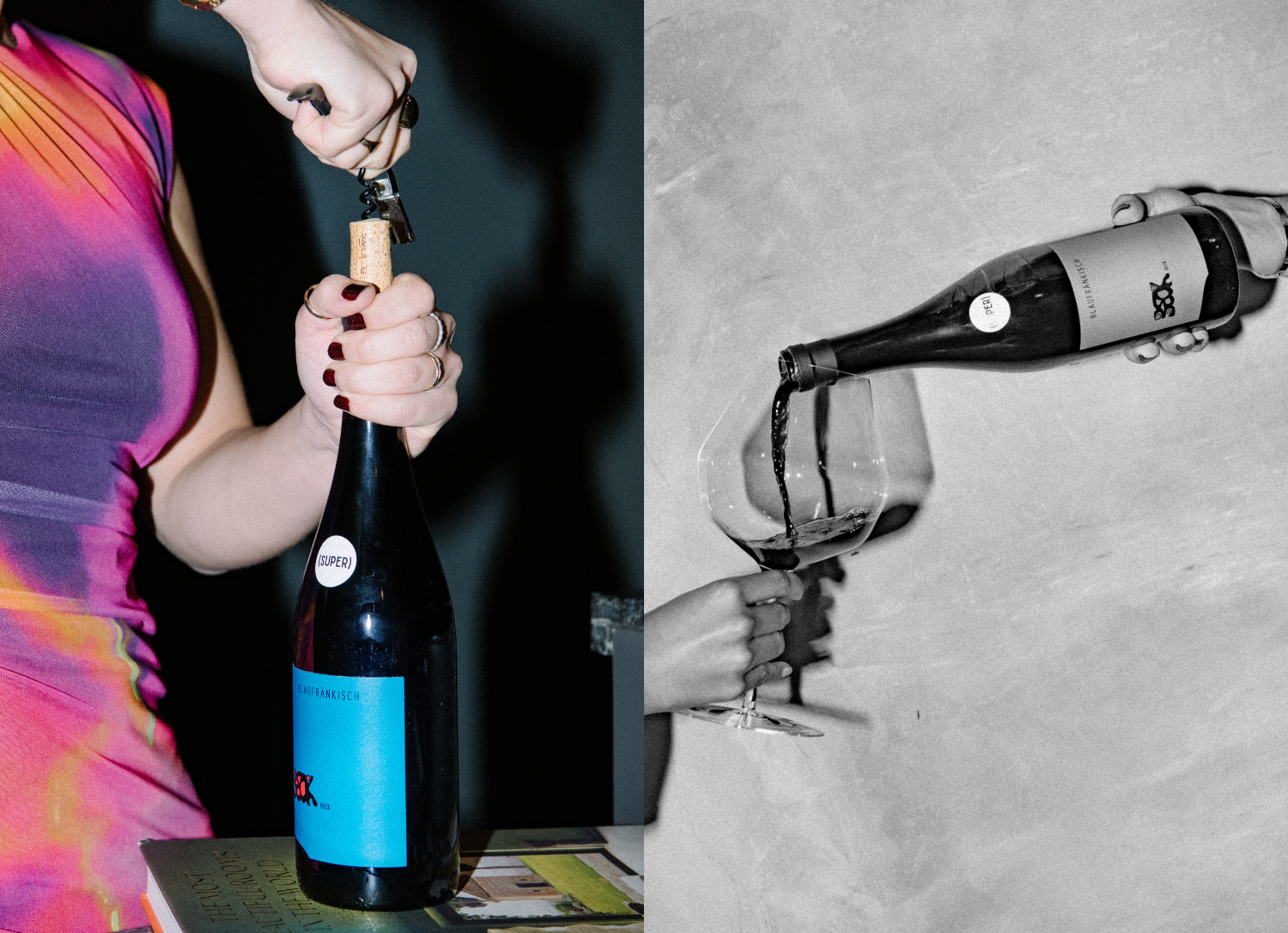Wine is a precious commodity—-one that takes a lot to make (especially if it’s natural wine!): from winemakers growing and harvesting the grapes, fermenting them and bottling them. They’re shipped across the world with extra special care to your favorite wine store in Manila, which then secures special storage for them so that it gets to you in top condition.
However, all this hard work is for nothing if one improperly stores their wine after their purchase and causes it to go bad—-and these wine storage mistakes are actually fairly common, especially in a tropical country like the Philippines. Make sure you store wine properly and avoid the following storage mistakes the next time you buy natural wine in Metro Manila!
What happens when you don’t store wine properly?
Put simply, wine that isn’t stored properly—in a cool, dark place free of any vibrations—goes bad. More technically, incorrectly stored wine undergoes a chemical change and develops a wine fault (such as oxidation, lightstrike, cooking, reduction, and so on). At best, it would make the wine taste differently from how the maker intended—and at worst (and more typically), it renders your wine unpleasant to drink.
Proper storage is essential to a good experience when you want to open a bottle of wine to enjoy, and even more important when you want to age a special bottle to drink in the years to come!
Most common wine storage mistakes
Keeping wine in the kitchen
Wine and food are the perfect pair, so many people are surprised to hear that the kitchen is actually the absolute worst place to store wine at home. High temperatures are wine’s greatest enemy—making storing it near where cooking gets done a one-way ticket to a faulty bottle.
Whether it’s on top of your refrigerator, on a counter, or (god forbid) anywhere near a stove, it’s best to keep your bottles out of the kitchen unless you’re about to use it in a dish you’re cooking up. Exposing your wine to heat for an extended period of time accelerates aging and oxidation or even all-out “cook” it.
In natural wines that are unfined and unfiltered, there are instances that excessive heat has restarted the fermentation process and pushed out the cork!
Forgetting it in the fridge
Chilling your wine in a refrigerator is perfectly standard when you’re about to open up a bottle to enjoy—but did you know that leaving it in there for more than a few weeks can have consequences? While your refrigerator definitely ticks off the requirement to keep your wine cool, it’s prone to many fluctuations: the temperature will drop and shift every single time you open the door to grab something, and most fridges constantly hum with small vibrations. This makes your wine prone to chemical changes!
If the wine you’re storing happens to have a cork instead of a screwcap closure, the refrigerator is even less ideal because of how dry its storage space is kept in order to preserve fresh produce and proteins.
Displaying it by a window
It may be tempting to place your wine and liquor display near a window to let them really shine in some natural light, but this is actually more likely to make your wine go bad! Ultraviolet rays can cause light strike in your wine, which dulls its acidity and flavors or even worse, make it smell like rotten cabbage or eggs! You’ll know it if the wine itself darkens—though you are more likely to see this happen in white wines.
This is actually the reason why most wine bottles are tinted green or brown: to protect the precious wine within from sunlight!
Storing wine bottles upright
At home, many people like to show off the labels of their wines by placing their bottles standing up on a shelf or display case—however, if it has a cork closure, you may cause a few problems for yourself.
Easily the most traditional way for winemakers to seal a bottle, cork closures come with their own specific storage requirement: they must be stored horizontally. When you store the bottle standing up, cork can dry up and become brittle—this makes it prone to breaking when you finally want to open the bottle! Beyond this, drying up can cause the cork to shrink slightly, allowing more oxygen than desired to enter the bottle and oxidizes the wine, possibly making it unpleasant to drink.
If your collection has plenty of wine bottles with cork closures, it’s worth investing in an appropriately-sized wine rack that lets you store each bottle lying down in order to keep your wine safe!
Keeping it with anything smelly
Remember what we said about cork having its own considerations for storage? Another one is smell: cork can absorb strong smells from any pungent ingredients or materials nearby. If you store it under the kitchen sink, for example, you might find yourself catching whiffs of a dirty drain or cleaning liquids in your wine!
Even your kitchen pantry may not be safe—aside from your bottle experiencing residual heat from any cooking you do, it’s also subject to the smells of vegetables, rice, and any other seasonings and preserves you keep.
Allow your wine to breathe safely by either removing anything with strong odors from its shelving, or simply more it somewhere with no pungent aromas! =
Leaving it in your car
So picture this: you just bought several bottles of wine to give as gifts to your friends. You’re meeting for dinner in two days—close enough that taking a heavy box of wine out of your car just feels like a hassle.
Don’t give in to the temptation to leave your wine in the car, especially if you live in the Philippines: your wine will suffer for it! Heat is one of wine’s greatest enemies, and inside a car parked outdoors with no ventilation in our tropical weather, there is an extremely high chance your wine will go bad if left unattended for more than even a few hours.
What are the best conditions for storing wine in the Philippines?
Wine should always be stored in a cool dark place—away from heat, light, and vibrations. These conditions should be constant and without any fluctuations, which in themselves may lead to faults developing in your wine. This can be a real challenge when you live in a tropical country like the Philippines, where your average room temperature is actually around 25°C.
If you have a collection of wine bottles to keep and age, the most optimal way to store them is in a dedicated wine cellar or a proper wine chiller between 10-15°C. If you have more than one style of wine you’d like to store, we’d recommend a dual-zone wine chiller with two compartments set to specific temperatures, as white wine (8-12°C) fares better in slightly cooler temperatures than red wine (12-18°C).
However, not everyone has the budget or bandwidth to actually build a cellar or buy a wine chiller, especially here in the Philippines! If you don’t have a chiller and plan to drink your wine in the very near future (say, in the next year), we’d recommend finding the coolest place in your home—ideally still under 21°C and with minimal exposure to light. Your bedroom cabinet or a storage space under the stairs may do the trick!
Are there specific factors to consider for storing natural wine?
We’ve established before that some natural wines can actually be aged for years, but storing it can require a little more caution. Extended storage conditions of 10-15°C are more strongly recommended for natural wine, as it inherently has little to absolutely no sulfites added—and thus, fewer preservatives to protect it from heat and light. They are unfined and unfiltered, meaning that the yeasts the wine was originally fermented with are still in the bottle: too much heat can actually restart the process!
That said, we recommend drinking any natural wine that you purchase as soon as possible if you do not have a wine cellar or a wine chiller—and on top of that, ensure that any natural wine store in Metro Manila that you buy from also keeps their bottles in optimal storage conditions.

Where to buy top-quality natural wine in Metro Manila
If you want to be sure your bottles are in tip-top shape when it arrives at your doorstep, (Super)Natural is the best place to shop natural wine in Manila. We only sell natural wine, and our entire collection of bottles from esteemed producers around the world—including greats like Domaine Matassa, Gut Oggau, Milan Nestarec, Coco Farm & Winery, and more.
That said, we take extra care with any and every natural wine in our lineup. All (Super)Natural wines for sale on our website and for our hotel, restaurant, and cafe partners are stored securely in our dedicated wine cellar, constantly kept until 15°C temperatures 24 hours a day, seven days a week! And at any of our pop-ups and events, we also ensure that they are properly chilled and stored in chillers or coolers before they’re ready to pour!
Whether you’re looking for a wine to enjoy now or in the distant future, shop natural wine at (Super)Natural. Place your order before 2 PM on weekdays to avail same-day delivery!




